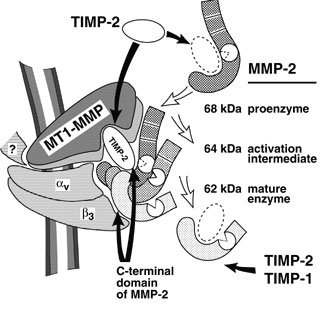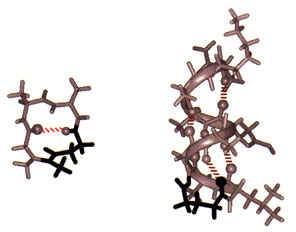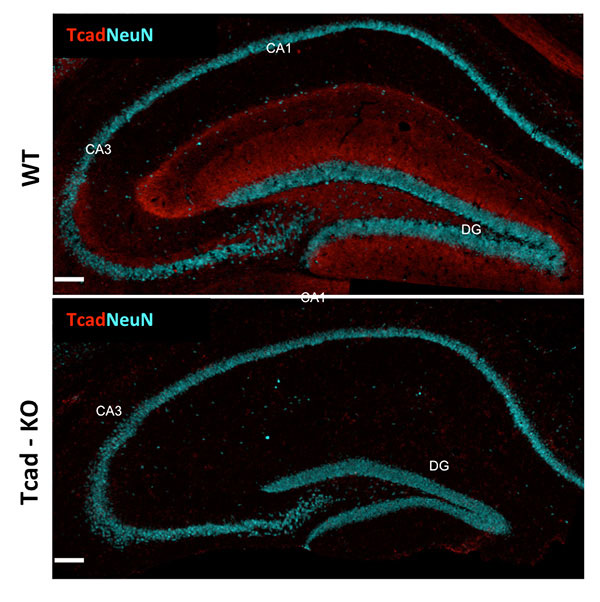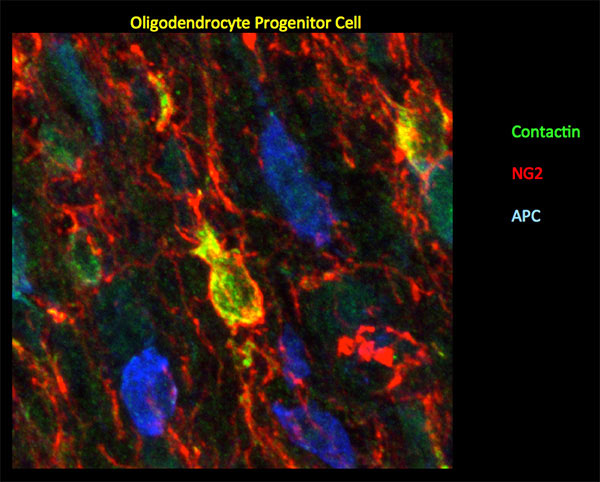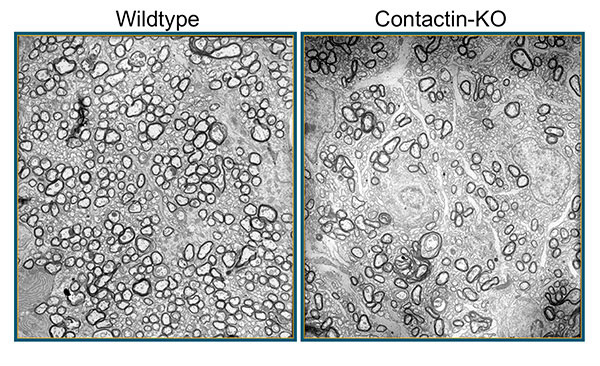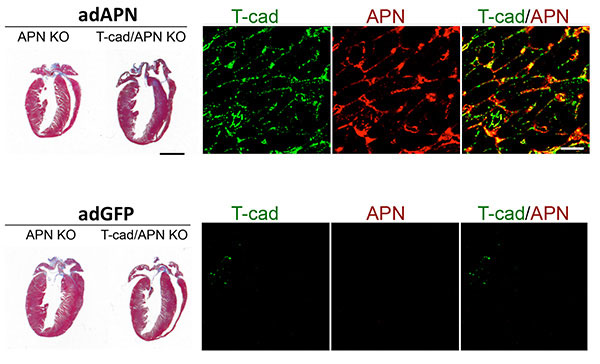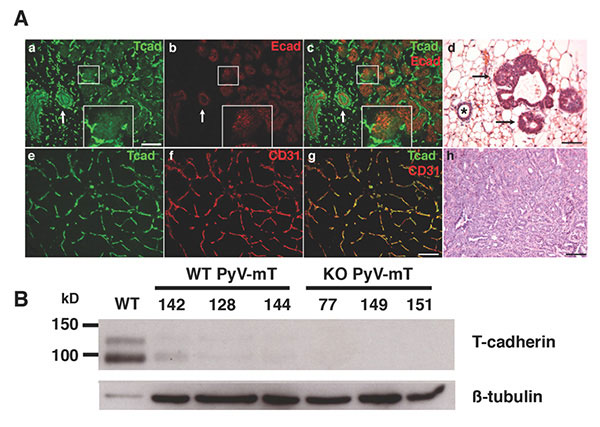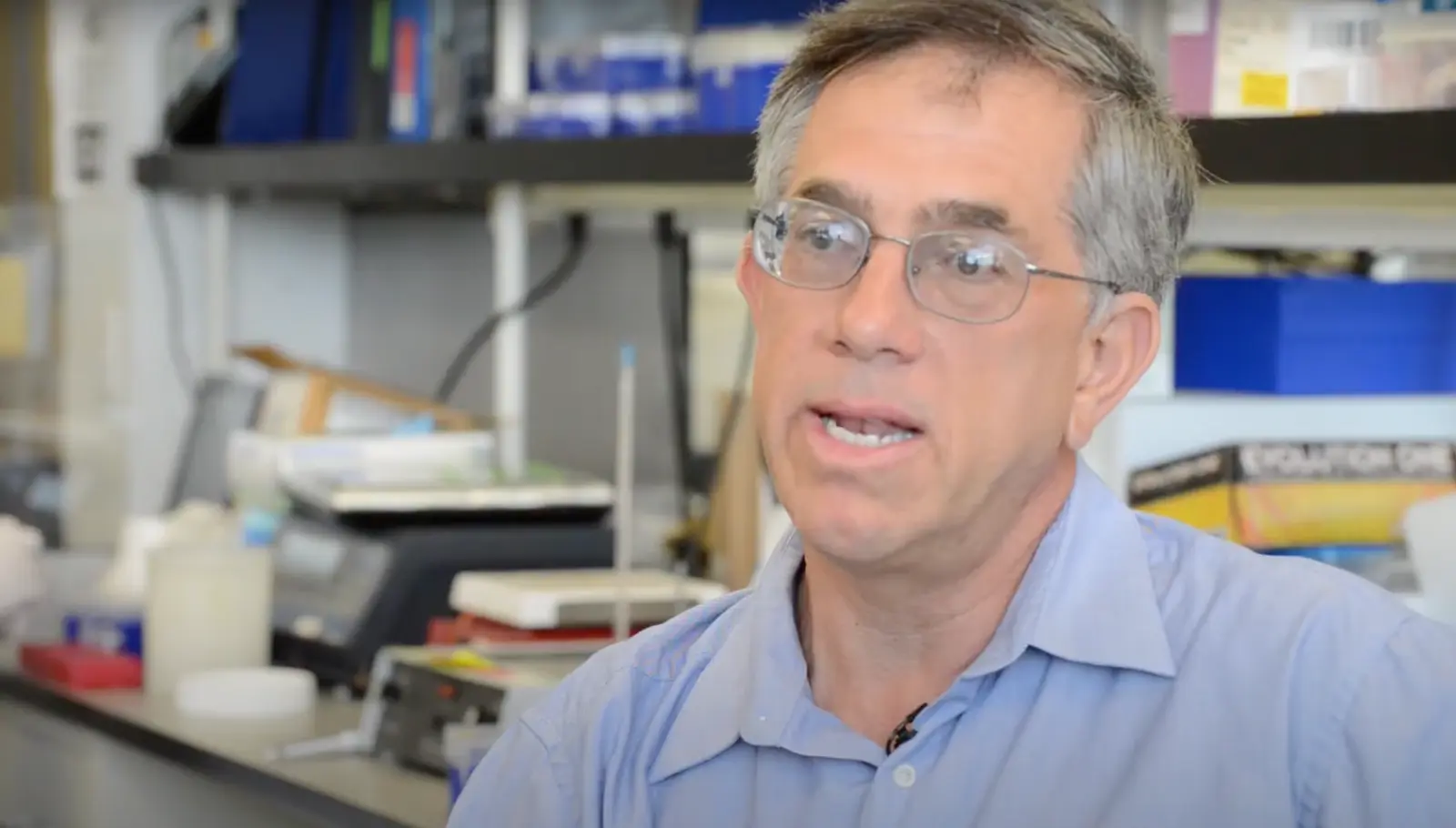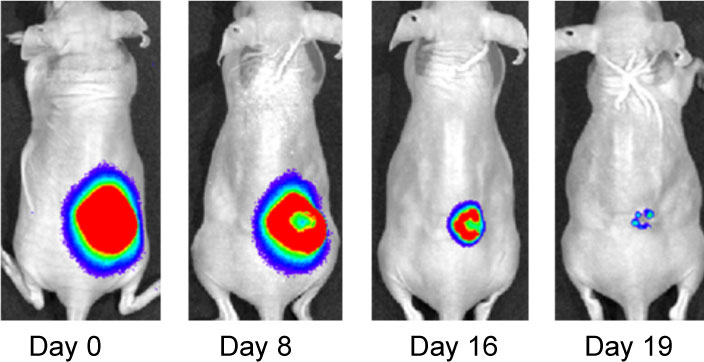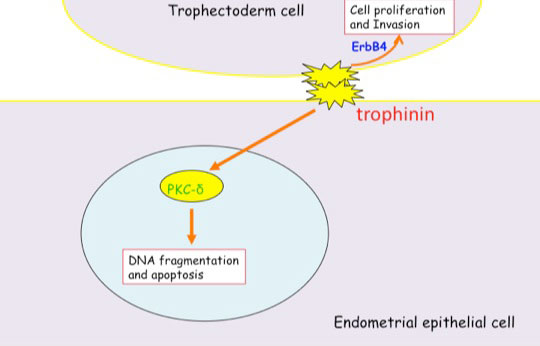Dr. Karin has received numerous awards, including the Endocrine Society Oppenheimer Award for Excellence in 1990, American Cancer Society Research Professorship in 1999, C.E.R.I.E.S. Research Award for Physiology or Biology of the Skin in 2000, Harvey Prize in Human Health in 2011, Brupbacher Prize in Cancer Research in 2013, William B. Coley Award for Distinguished Research in Basic and Tumor Immunology in 2013, and an honorary Doctor of Medicine from the Technical University of Munich. He was a cofounder of Signal Pharmaceutical, which has become a part of Celgene, Inc. Dr. Karin had also served as a member of the National Advisory Council for Environmental Health Sciences. Dr. Karin was elected as a member of the US National Academy of Sciences in 2005, the National Academy of Medicine in 2011 and as an associate member of the European Molecular Biology Association in 2007. He became a fellow of the American Association for Cancer Research Academy in 2017.
Dr. Karin’s current activity primarily focuses on understanding the relationship between inflammation, cancer, and metabolic disease as well as the signaling mechanisms used by receptors involved in inflammation and innate immunity. In addition to discovering some of the most important stress- and inflammation-responsive signal transduction pathways and establishing molecular links between obesity, inflammation and cancer, Dr. Karin’s work has revealed new targets for cancer prevention and therapy as well as for the treatment of non-alcoholic steatohepatitis (NASH) and other metabolic diseases.
Education
University of California, San Francisco, San Francisco, CA Postdoctoral Scholar Biochemistry
Fox Chase Institute for Cancer Research, Philadelphia, PA Postdoctoral Scholar Molecular Biology
University of California, Los Angeles, Los Angeles, CA Ph.D. Molecular Biology
Tel Aviv University, Tel Aviv, Israel B.Sc. Biology
Related Disease
Cancer, Liver Cancer, Liver Diseases, Metabolic Diseases
Phenomena or Processes
Autophagy, Inflammation, Oncogenes, Signal Transduction, Transcription Factors, Tumorigenesis
Research Models
Mouse
Techniques and Technologies
Bioinformatics, Gene Expression, Molecular Genetics
Dr. Karin’s laboratory studies basic biochemical and cell biological processes that control innate immunity and inflammation and their contribution to cancer and metabolic disease. In particular, the lab is interested in the basic pathogenic mechanisms that contribute to non-alcoholic fatty liver disease (NAFLD) and its progression to steatohepatitis (NASH), liver fibrosis, and liver cancer (hepatocellular carcinoma, HCC).
The lab also studies the control of hepatic and pancreatic autophagy and its role in liver and pancreatic tumorigenesis, mitochondrial control of inflammation and its contribution via the NLRP3 inflammasome to the pathogenesis of Alzheimer’s disease and other neurodegenerative disorders. Another important topic they study is the interaction between chronic inflammation and immunity during tumor development and therapy.
They hope to exploit the basic knowledge gathered in such studies to improve the outcome of cancer immunotherapy. The laboratory research applies biochemical, molecular genetics, mouse models, and bioinformatic approaches.
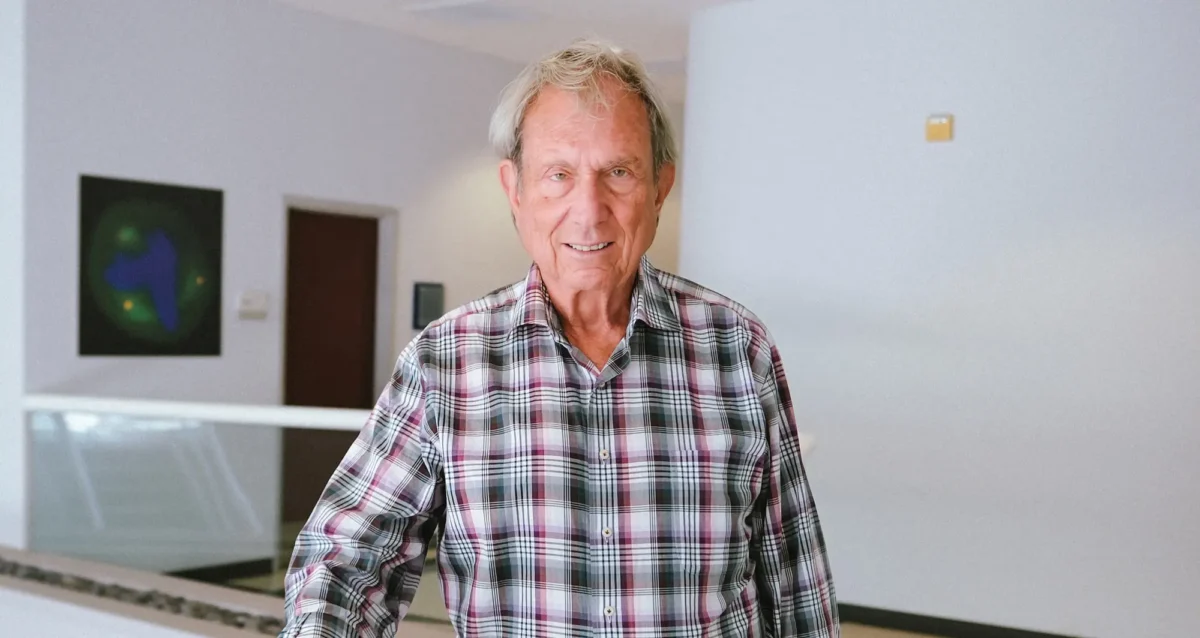 Jun 30, 2025
Jun 30, 2025Leading cancer and metabolic disease expert Michael Karin joins Sanford Burnham Prebys
Jun 30, 2025Karin will direct the Center for Metabolic and Liver Diseases and continue his studies on inflammation and cancer.
